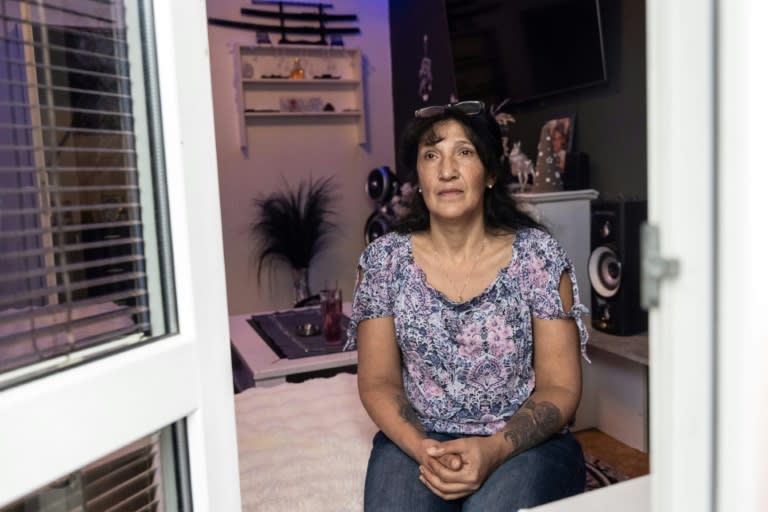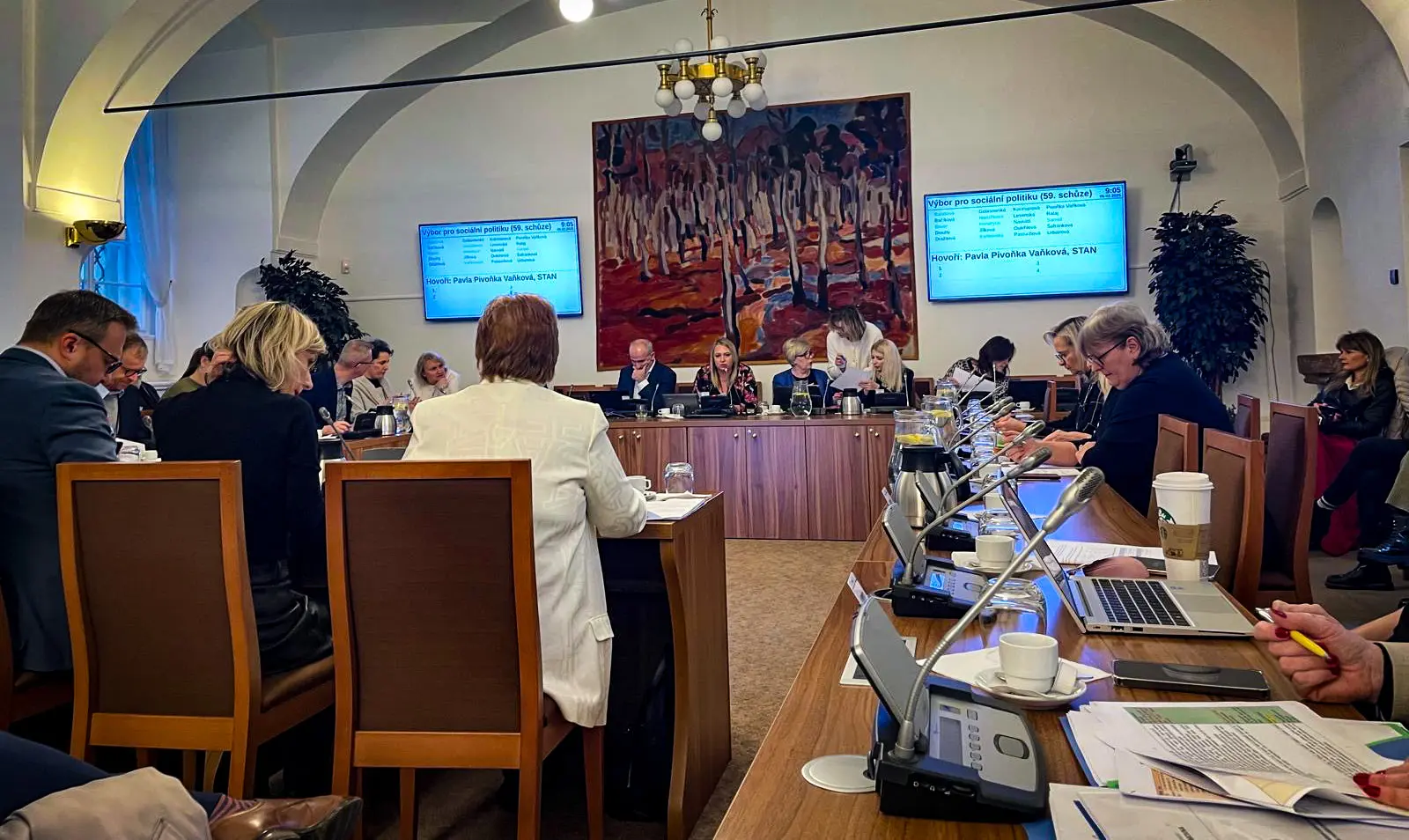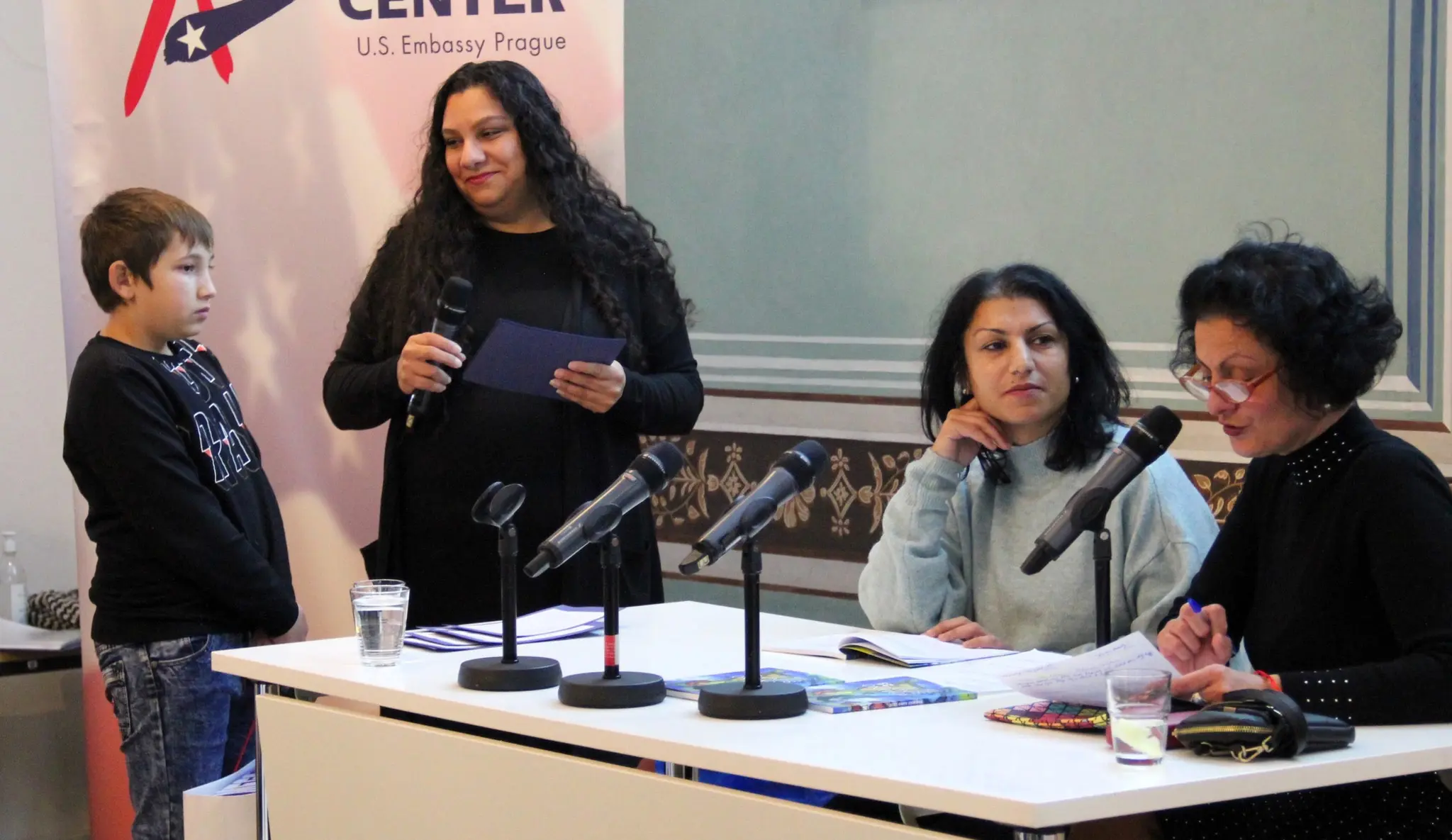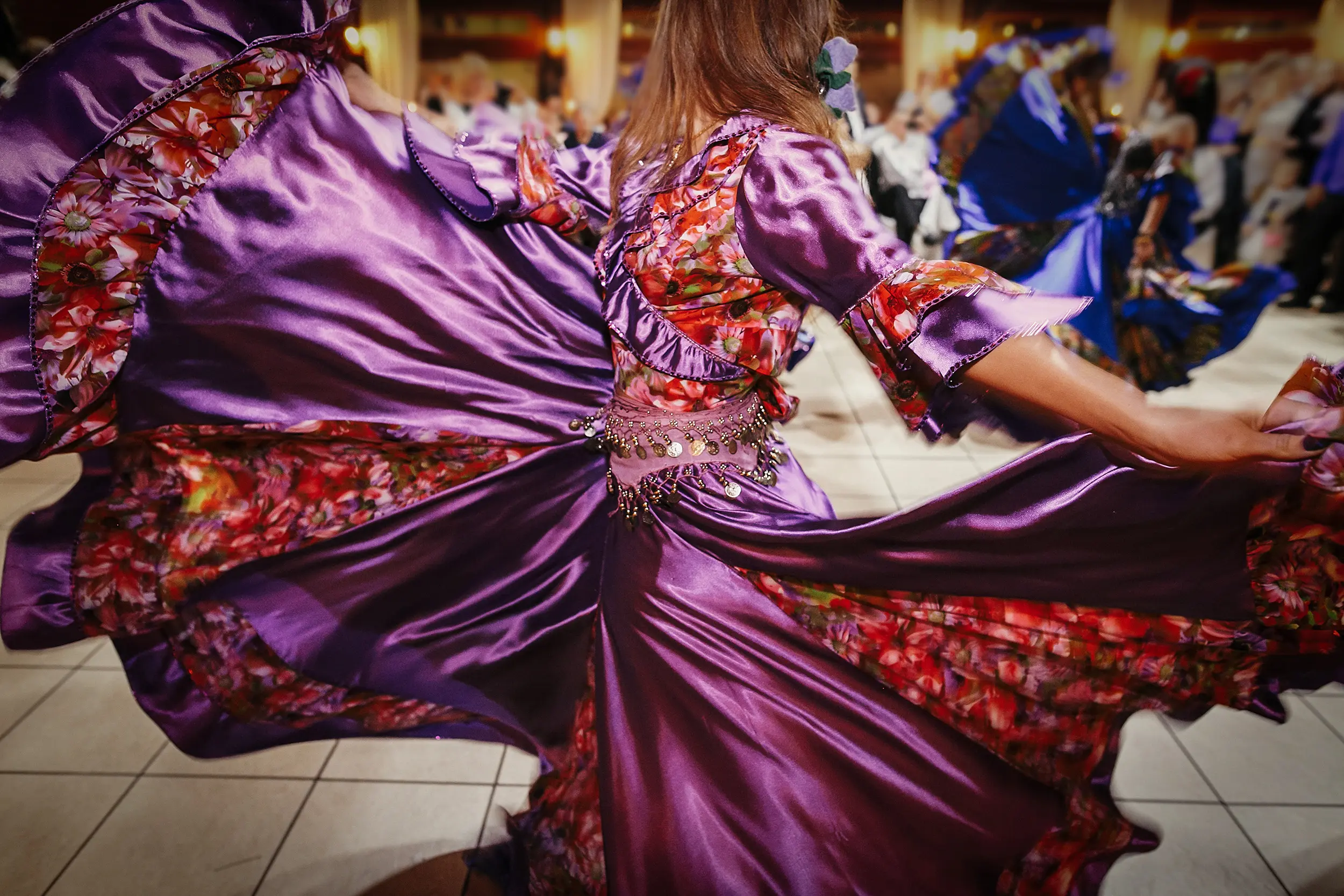Der Westen et Radio Ennepe Ruhr report on the integration of children from immigrant Rroma families in the public schools of Ennepetal in North Rhine-Westphalia. This is said to proceed in a largely positive fashion. According to the journalists’ estimates, the families were a part of those families that received media attention while living in the “Rroma house” in Duisburg and who subsequently moved to Ennepetal. Around 30 adults and 80 children are now living in the worker housinf of a former metal factory. While it is stressed that the integration of the families has enjoyed top priority from the start and will be actively promoted by the community, one is nevertheless irritated by the fact that the children are not integrated into regular classes, but are rather taught in so-called “integration classes”. Of the 52 Rroma-children who were enrolled into these integration classes, in which their viability for the regular school is assessed, only six now will go to regular classes with the new school year starting. For those responsible for integration, this seems to be a success. However, from the perspective of a real integration, the segregated teaching of Rroma children is extremely problematic, as they can hardly socialise with other children. Anke Velten-Franke from the mayor’s office sees this differently: since Rrroma children are taught in the buildings of the middle and primary school, they were able to make contact with other children during school breaks, she states. It is to be hoped that the politician proves right. Principally, segregated schooling, especially in the context of negative experiences from the Czech Republic or Romania, where it is still widespread, should be seen very critically, since it fosters and maintains the discrimination and marginalisation of the minority. The focus on the recently immigrated Rroma families should not obscure the fact already now 110’00 to 130,000 Rroma are living integrated in Germany, many for generations. Their children are not taught segregated. In addition, Stefan Scherer commits a gross error in judgment when he reproduces without comment that the social workers of Ennepetal would share a fear with many other residents: “The Roma are not sedentary people. The fear to invest a lot of money and energy, and then they move to the next town or the next country is still present in Ennepetal” (Scherer 2014). However, most Rroma are not travellers and never were. The alleged wandering lifestyle is rather the result of their continuous expulsion, which was and is reinterpreted in a false analogy to a travelling way of life (compare Radio Ennepe Ruhr 2014).
- Radio Ennepe Ruhr (2014) Auch für die Roma-Kinder in Ennepetal startet jetzt wieder der Unterricht. In: Radio Ennepe Ruhr online vom 21.8.2014. http://www.radioenneperuhr.de/ennepe-ruhr-kreis/lokalnachrichten/lokalnachrichten/archive/2014/08/21/article/-2d97e57f40.html
- Scherer, Stefan (2014) Erste Roma-Kinder aus Ennepetal besuchen Regelschulen. In: Der Westen online vom 20.8.2014. http://www.derwesten.de/staedte/ennepetal/erste-roma-kinder-aus-ennepetal-besuchen-regelschulen-id9725187.html







